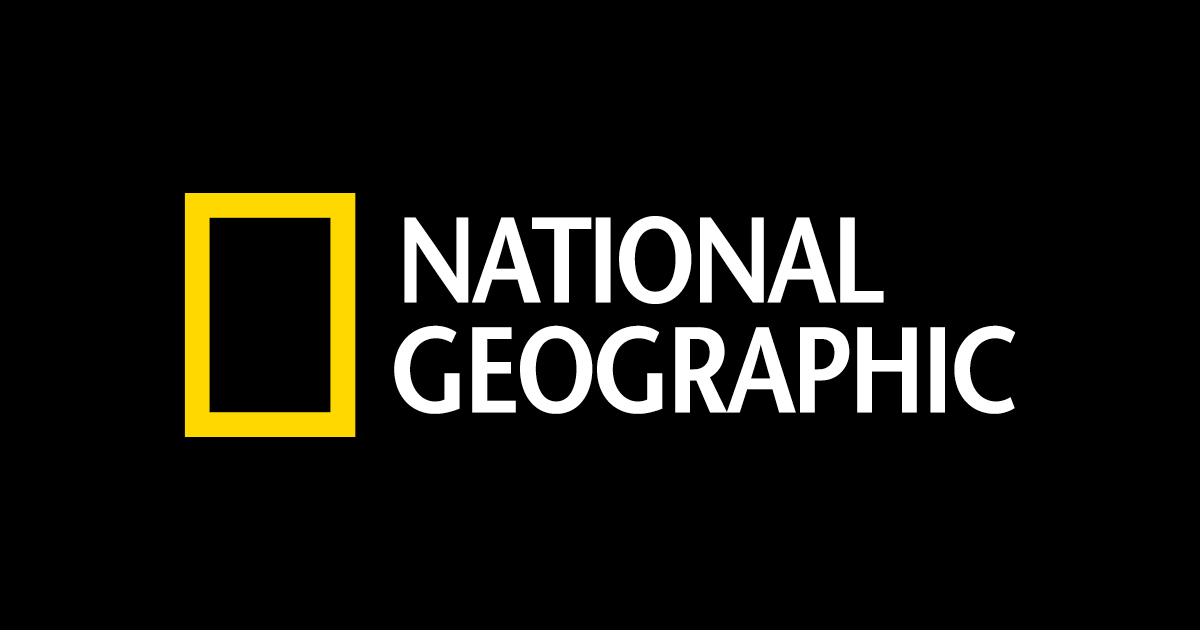Originally posted by Vangelovski
View Post
2. Why is it that you refuse to talk about evolution - you've made that clear in other posts? Are you afraid to go into the detail of your faith?



 )
)
Comment